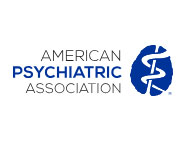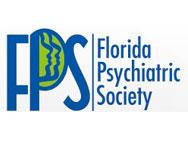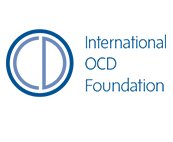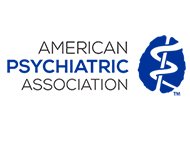News
Local magazine recently
How to Overcome Any Phobia
Source: Verywell Health
A phobia is an ongoing, excessive fear of something specific such as snakes, heights, enclosed places, or other objects or situations.1 This leads to a person either avoiding the thing they fear or experiencing great distress when they encounter it. It is possible to learn how to get over a phobia with treatment and strategies aimed at desensitizing you to the thing you’re afraid of.
Understanding Neurosis
Source: Verywell Health
Neurosis is a non-clinical term describing a spectrum of mental disorders that cause significant anxiety or distressing emotional symptoms. These include irrational fears, obsessive thoughts, compulsive acts, or dissociation (disconnection from yourself or the world around you)
Experts call for innovative strategies to address global blood crisis, form new coalition
Source: Medical Xpress
Billions of people live in parts of the world that are so remote from the nearest hospital facility with a functioning blood bank that they are termed “blood deserts.” Researchers from Brigham and Women’s Hospital, a founding member of the Mass General Brigham health care system, and Harvard Medical School have spearheaded a new global collaborative to address the pressing issue of extreme blood unavailability in rural settings and propose short-term strategies to address the urgent need for blood.
Why Anxiety Causes Heart Palpitations and Physical Symptoms
Source: Verywell Health
Anxiety is a part of your body’s stress response and can cause heart palpitations in some people. Anxiety can be a fleeting response to stressful situations or can persist long term. Persistent anxiety can take a toll on you physically.
Anxiety attacks: Symptoms and calming techniques
Source: Medical Xpress
Anxiety attacks can seem overwhelming when you’re in the middle of one, but with the right coping tools you can come out the other side. A racing heart, dizziness and being out of breath are common experiences for people who are having an anxiety attack, according to Harvard Health
Current recommendations address perinatal depression screening, diagnosis, treatment
Source: Healio
Current perinatal depression recommendations aim to help with early screening, diagnosis and treatment and to prevent maternal mortality. Perinatal mental health conditions are the leading cause of overall and preventable maternal mortality and include a wide array of mental health conditions, including anxiety, depression and substance use disorders
More Americans will only have to pay $35 a month for insulin in 2024
Source: Medical Xpress
Sanofi has officially joined Novo Nordisk and Eli Lilly in lowering the cost of insulin to $35 a month for many patients. The three drugmakers are also drastically lowering the list prices for their insulin products.
Life space changes linked to cognitive decline, risk of neurodegenerative illness
Source: Healio
For older adult males, negative changes in life space were associated with faster cognitive decline and increased risk for neurodegenerative disorders after 7 years, according to research from JAMA Network Open.
Breast Cancer Rates Higher in Urban vs. Rural Areas
Source: HealthDay
Environmental contaminants may be driving higher rates of breast cancer in urban areas compared to rural locales, a new North Carolina study finds.
Depression tied to 4 times higher early death risk in diabetes
Source: Medical News Today
Mental health issues are common in people with type 2 diabetes, with studies finding that depression is twice as likely in those with type 2 diabetes as in those without the condition. Now, a study has found that the risk of premature death in people with both type 2 diabetes and depression is four times that of people with neither condition.
Seasonal Affective Disorder Can Affect You in the Summer Too
Source: Healthline
While summertime is often thought of as cheerful and bright with the ability to uplift people’s moods, the effects of seasonal affective disorder (SAD) can still occur during the sunniest months.SAD is a mood disorder in which depression occurs at the same time every year. The condition is most connected to times of year like winter when there is less sunlight.
New study finds closing racial health disparity gap and addressing individual health are not mutually exclusive
Source: Medical Xpress
Over the past decade, much of the U.S. health care industry has begun omitting race when predicting and diagnosing disease, thought of as a way of reducing health disparities and curbing systemic racism in health care.
Just a short walk each day could reduce depression
Source: Medical News Today
Exercise can help manage weight, reduce the risk of disease, strengthen bones and muscles, and even improve brain health.Evidence is growing that it can also alleviate the symptoms of depression, the leading cause of mental health-related disease.
Hallucinogens: What Are They, Side Effects, Precautions & Abuse
Source: HealthDay
Hallucinogen drugs, also known as psychedelics, have been in the news lately as recent breakthroughs have highlighted their potential health benefits. Find out what hallucinogens are, how they’re used, and their side effects, precautions and drug interactions. Plus, learn about the signs of hallucinogenic drug abuse.
27th Annual Ann Storck Center’s Celebrity Chef’s
Date: March 31, 2023 @ 6:00PM — 10:00PM Eastern Time (US & Canada)
Place: Seminole Hard Rock Hotel and Casino – Terrace Ballroom: 1 Seminole Way Hollywood, FL 33314
For over 26 years the annual Celebrity Chefs has garnered a reputation as one of South Florida’s most sought after fundraising events, thanks in part to the support of people like you. The community’s support helps our individuals with developmental disabilities discover their abilities and build independence.
How to Create a Sensory Friendly Classroom
A third of COVID survivors suffer neurological or mental disorders: study
LONDON (Reuters) – One in three COVID-19 survivors in a study of more than 230,000 mostly American patients were diagnosed with a brain or psychiatric disorder within six months, suggesting the pandemic could lead to a wave of mental and neurological problems, scientists said on Tuesday.
As the pandemic fades, some Americans are anxious about a return to normal
More than a year into the pandemic, people have become accustomed to the lives they’ve built and the routines they’ve created in their “Covid caves” and are not looking forward to a return to normal.
Impact of COVID-19 Lockdown on Teens’ Mental Health
One in three adolescents (31.9 percent) will meet the criteria for an anxiety disorder by the age of 18.
Sex differences not significant for youth bipolar disorder outcomes
Male and female youth with bipolar disorder had similar outcomes, despite substantial literature on sex differences among adults with bipolar disorder, according to study results published in Journal of Clinical Psychiatry.
COVID-19’s Tragic Effect on American Indians: A State-by-State Analysis
In the United States, people of color have been disproportionately impacted by the coronavirus pandemic, and Native Americans are no exception. According to the Centers for Disease Control and Prevention, American Indian and Alaska Native people are 5.3 times more likely than white people to be hospitalized due to COVID-19, the largest disparity for any racial or ethnic group.
Virtual M2 Career Panel Invitation Florida Atlantic University Medical School
Dr Kothari recently had the pleasure of attending a virtual program for second year medical students. The students were keen to learn about psychiatry and other primary care fields such as family medicine represented by Dr A Schlein and pediatrics represented by Dr P Anastasio. Moderator was Dr. Stuart Markowitz, Senior Associate Dean for Student Affairs. A diverse set of questions and lively discussion followed. While navigating Covid, medical students far and wide are navigating potential specialties and fellowships to continue their education and aid healthcare.
7 science-backed natural remedies that may help with ADHD symptoms
Attention deficit hyperactivity disorder (ADHD) is a mental health condition characterized by difficulty concentrating, trouble finishing tasks, impulsiveness, and restlessness. It has been diagnosed in over 6 million children, and it affects about 4.4% of adults in the United States.
COVID-19 Webinar
‘It Just Isn’t Working’: PISA Test Scores Cast Doubt on U.S. Education Efforts
An international exam shows that American 15-year-olds are stagnant in reading and math even though the country has spent billions to close gaps with the rest of the world.
Dr. Priti Kothari will talk about “ADHD Medication Basic Review” at the AD/HD Support Group Meeting on 28th Feb.
For more information: Contact the coordinator, Nicole @ 754-229-5716 or north-broward@chadd.net
Dr Kothari was a speaker this year at yogathon’s event and continues to encourage yoga as a tool for healing.
As a community we continue to heal
Funeral after funeral, an emotional marathon for survivors of the Parkland school shooting
PARKLAND, Fla. — Under vacation-blue Florida skies, the young mourners have emerged from family SUVs and minivans at funeral after funeral, high school girls in black dresses and heels and teen boys in black shirts and pants.
Eric Noreen, et al., Effects of supplemental fish oil on resting metabolic rate, body composition, and salivary cortisol in health adults.J Int Soc Sports Nutr. 2010;7:31.
Objective: To determine the effects of supplemental fish oil (FO) on resting metabolic rate (RMR), body composition, and cortisol production in healthy adults.
Conclusion: Six weeks of supplementation with FO significantly increased lean mass and decreased fat mass. These changes were significantly correlated with a reduction in salivary cortisol following FO treatment.
Logan S, et al., Omega-3 fatty acid supplementation for 12 weeks increases resting and exercise metabolic rate in healthy community-dwelling older females. PLoS One. 2015 Dec 17;10(12):e0144828.
Objective: To investigate the effect of dietary fish oil (FO) supplementation for a 12-week period on metabolic and physical health parameters of community-dwelling older female adults.
Conclusion: We have demonstrated that FO supplementation (2 g/d EPA, 1 g/d DHA) for 12 wk in healthy community dwelling older females increased metabolic rate and fat oxidation at rest and during exercise, decreased resting and exercise HR and increased lean mass and physical function.
Itariu BK, et al., Long-chain n-3 PUFAs reduce adipose tissue and systemic inflammation in severely obese nondiabetic patients: a randomized controlled trial. Am J Clin Nutr. 2012 Nov;96(5):1137-49.
Objective: To investigate whether n-3 PUFAs reduce adipose tissue inflammation in severely obese nondiabetic patients.
Conclusion: Treatment with long-chain n-3 PUFAs favorably modulated adipose tissue and systemic inflammation in severely obese nondiabetic patients and improved lipid metabolism. These effects may be beneficial in the long-term treatment of obesity.
Omega-3s Augment Diet and Exercise for Optimal Results
Omega-3s Augment Diet and Exercise for Optimal Results The State of Obesity Report (2017), obesity is associated with more than 100,000 premature deaths per year. Providing patients with a strategy for healthy eating and increased physical activity is unquestionably the first line of defense; yet all too often, long-term compliance is fleeting. Increasing a patient’s intake of EPA and DHA has been shown to support a healthy resting metabolic rate, increase lean body mass, and decrease fat mass.* Supplementing with omega-3 fish oil can be an effective and especially sustainable strategy to help support patients’ weight management needs.
CHADD of BOCARATON Educational Support for Parents of Children with ADHD
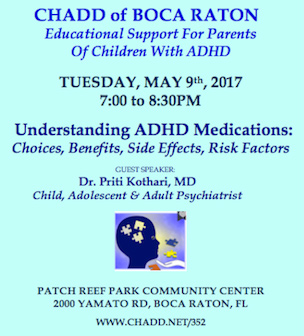
Dorothy F. Schmidt College of Arts and Letters
Through the great generosity of the Boca West Foundation, 100% of the proceeds of tickets sold by the Dorothy F. Schmidt College of Arts and Letters will benefit kids attending our Summer Arts Camps.
Take the pledge to remove stigma from mental illness and help patients and families get help, support and most important Hope!

MolP – Omega-3 FA, Inflammation, and Major Depressive Disorder
Source: Omega Research
One hundred fifty-five subjects with Diagnostic and Statistical Manual of Mental Disorders, 4th Edition (DSM-IV) MDD, a baseline 17-item Hamilton Depression Rating Scale (HAM-D-17) score ⩾15 and baseline biomarker data (interleukin (IL)-1ra, IL-6, high-sensitivity C-reactive protein (hs-CRP), leptin and adiponectin) were randomized between 18 May 2006 and 30 June 2011 to 8 weeks of double-blind treatment with eicosapentaenoic acid (EPA)-enriched n-3 1060 mg day-1, docosahexaenoic acid (DHA)-enriched n-3 900 mg day-1 or placebo
BipolarD – Bipolar Benefits with Increase n-3 and Decrease n-6 Dietary PUFA
Source: Omega Research
OBJECTIVES:
Omega (n)-3 and n-6 polyunsaturated fatty acids (PUFAs) are molecular modulators of neurotransmission and inflammation. We hypothesized that plasma concentrations of n-3 PUFAs would be lower and those of n-6 PUFAs higher in subjects with bipolar disorder (BD) compared to healthy controls (HCs), and would correlate with symptom severity in subjects with BD, and that effective treatment would correlate with increased n-3 but lower n-6 PUFA levels. Additionally, we explored clinical correlations and group differences in plasma levels of saturated and monounsaturated fatty acids.
CNSD – Omega-3 FAs, a Safer Intervention for Early-Onset Bipolar Disorder
Source: Omega Research
Bipolar disorder is a chronic and typically recurring illness with significant psychosocial morbidity. Although the aetiological factors that contribute to the onset of mania, and by definition bipolar I disorder, are poorly understood, it most commonly occurs during the adolescent period.
Putative risk factors for developing bipolar disorder include having a first-degree relative with a mood disorder, physical/sexual abuse and other psychosocial stressors, substance use disorders, psychostimulant and antidepressant medication exposure and omega-3 fatty acid deficiency.
Link between ADHD and academic expectations identified by University of Miami researchers
Source: Medical News Today
The education system in the United States has changed dramatically since the 1970’s. We have seen a rise in time spent on homework, a significant increase in the percentage of children enrolled in full day programs, and a rise in the time spent on teaching preschool aged children their numbers and letters. A new study out of the University of Miami suggests a correlation between the prevalence of attention deficit hyperactivity disorder (ADHD) and increasing academic demands on young children.
Omega-3 Fatty Acids Studied in Autism
Source: Cpmedical
A study epublished in March 2015 reports that omega-3 fatty acid supplementation benefits symptoms in subjects with autism spectrum disorder (ASD). The Centers for Disease Control and Prevention (CDC) report that the prevalence of autism in the U.S. increased by 119.4% from 2000 (1 in 150 births) to 2010 (1 in 68 births). Autism is the fastest-growing developmental disability, increasing by 6% to 15% each year from 2002 to 2010.
Great Omega 3 Library
Exercising the Mind to Treat Attention Deficits
Source: NY Times
Which will it be – the berries or the chocolate dessert? Homework or the Xbox? Finish that memo, or roam Facebook?
Such quotidian decisions test a mental ability called cognitive control, the capacity to maintain focus on an important choice while ignoring other impulses. Poor planning, wandering attention and trouble inhibiting impulses all signify lapses in cognitive control. Now a growing stream of research suggests that strengthening this mental muscle, usually with exercises in so – called mindfulness, may help children and adults cope with attention deficit hyperactivity disorder and its adult equivalent, attention deficit disorder.
You will need the Adobe Reader to view and print these documents.![]()
Dr.Kothari is amazing! She has been my doctor for years...
I have been a patient of Dr. Kothari for over three years. She has invested her heart...
Dr. Kothari has been seeing my sons for seven years. She is a wonderful resource...
Dr. Kothari is very caring. Appointments and waiting times are great...
When we started seeing Dr. Kothari, my son was dealing with a great...
Dr. Kothari has saved my life, this I can say without reservation...


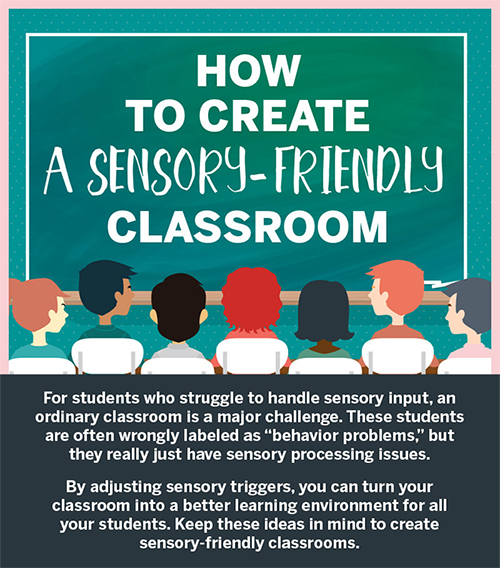
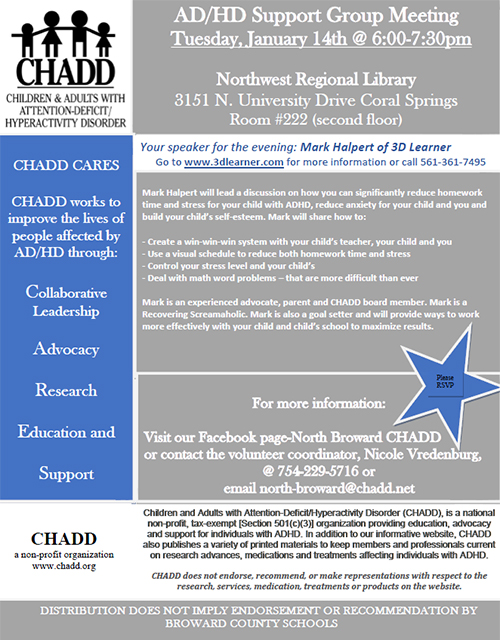
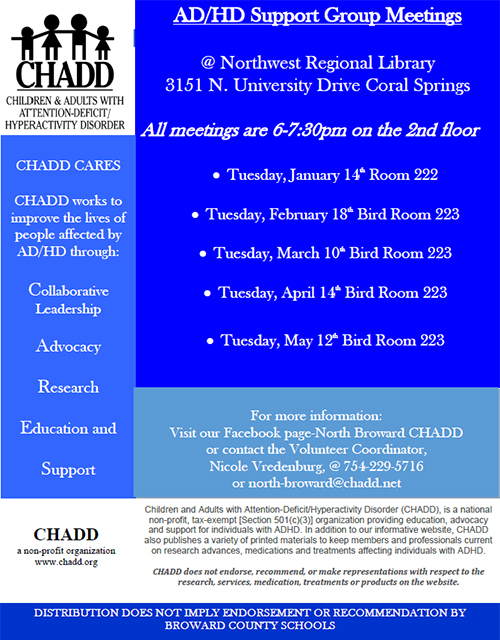
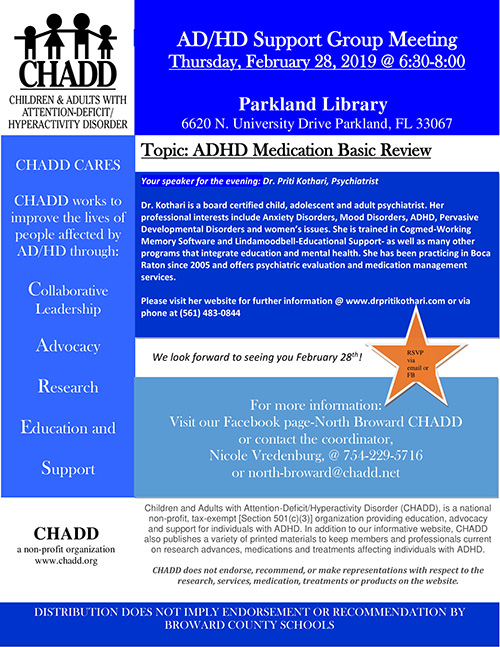


 Patient Forms
Patient Forms Videos
Videos Location
Location





